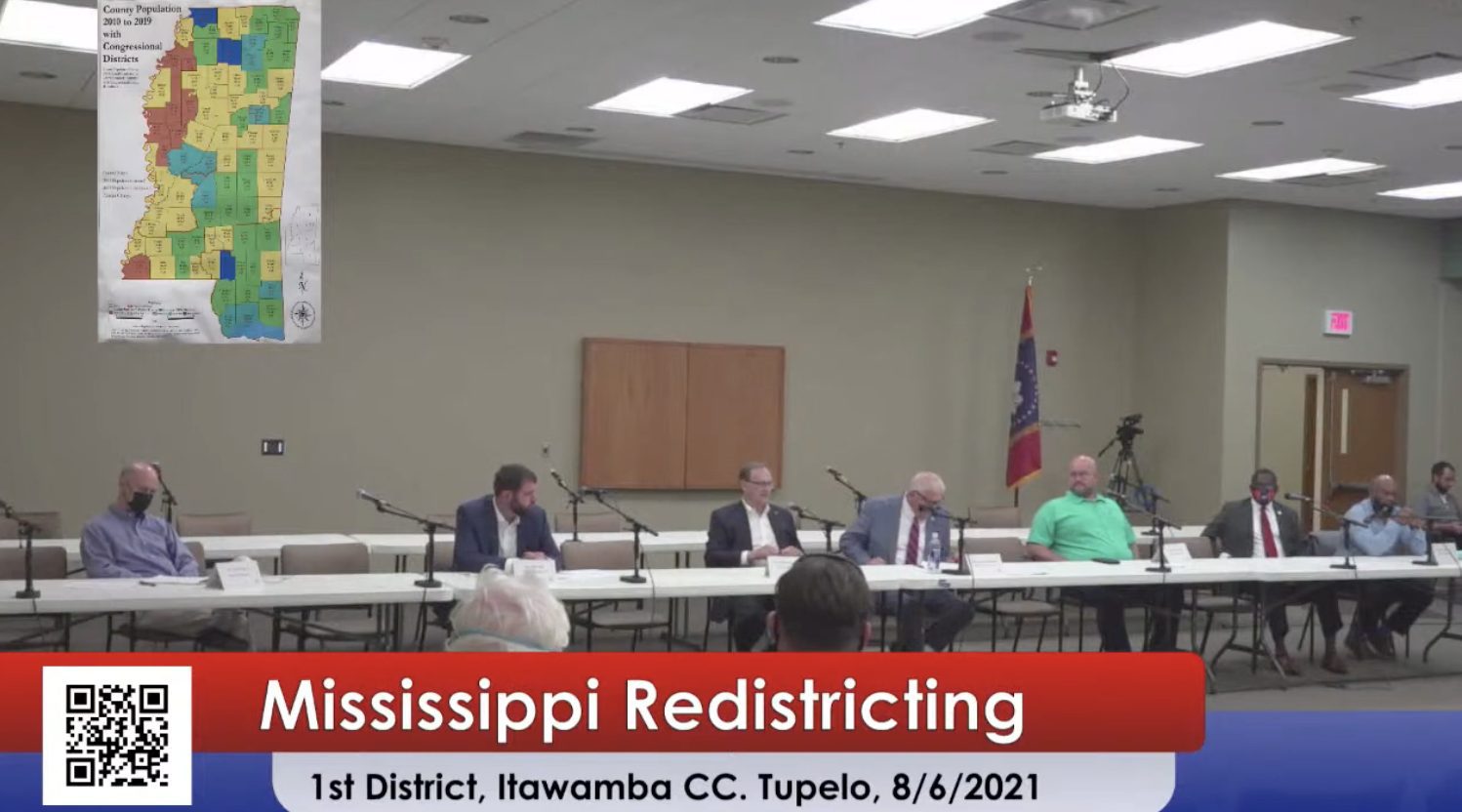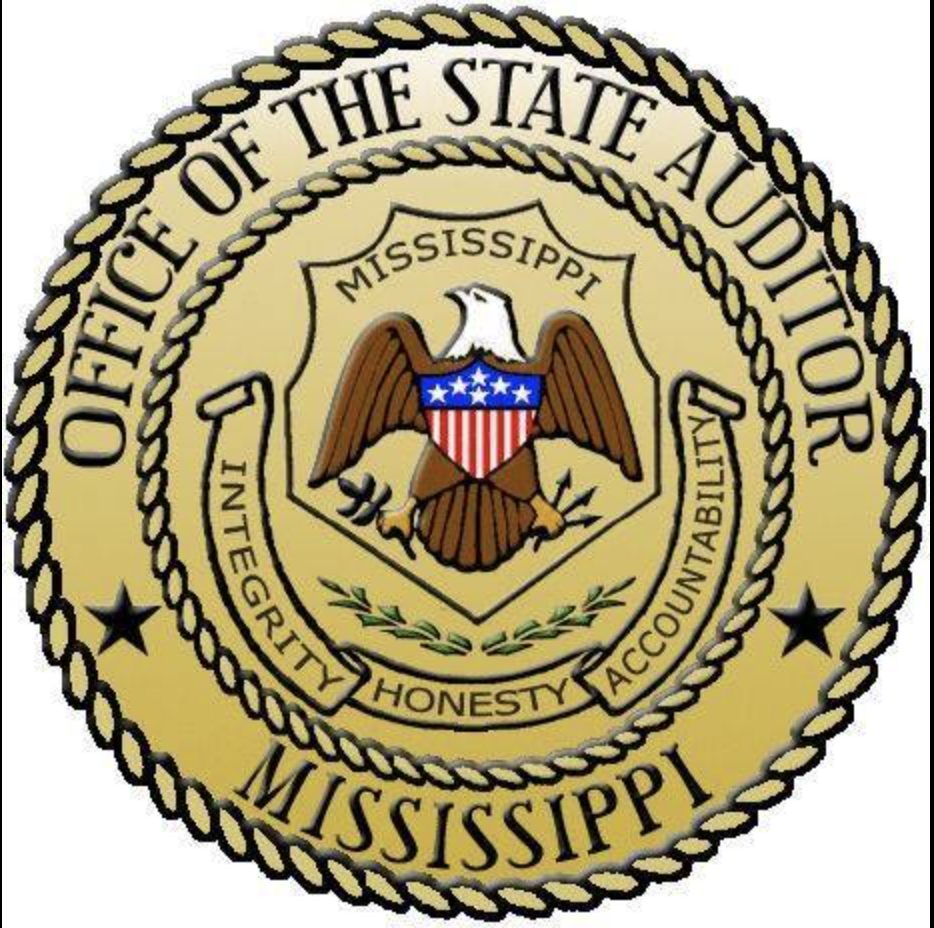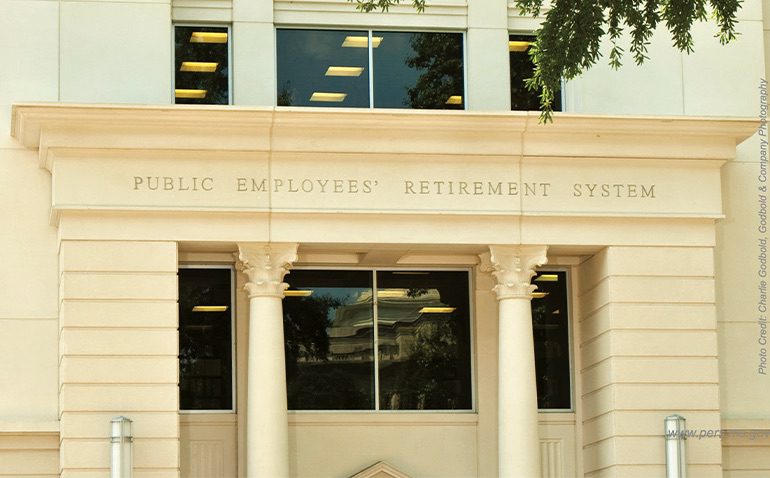
Attorney General Lynn Fitch
Fitch joined 51 Attorneys General urging the FCC to protect consumers from illegal robocalls.
A bipartisan coalition of over fifty Attorneys General joined together to urge the Federal Communications Commission (FCC) to accelerate the implementation of caller ID technology which would protect consumers from illegal robocalls.
Mississippi Attorney General Lynn Fitch calls robocalls “disruptive” and “scams.” She urges the FCC in a tweet to control companies that are acting in bad faith to spam families, facilitate fraud, and evade detection.
The flood of robocalls is disruptive to our daily lives and is often used to perpetrate scams. I urge the FCC to rein in the companies that are acting in bad faith to spam families, facilitate fraud, and evade detection. Read more here: https://t.co/AYmV5pXNLP pic.twitter.com/1OZ98WTdaZ
— Lynn Fitch (@LynnFitchAG) August 9, 2021
“The flood of robocalls is disruptive to our daily lives and is often used to perpetrate scams. The TRACED Act, and the STIR/SHAKEN technology that it required, are meant to put an end to illegal robocalls and caller ID spoofing that bad actors use to harm consumers,” stated Fitch. “I urge the FCC to rein in the companies that are acting in bad faith to spam families, facilitate fraud, and evade detection.”
STIR/SHAKEN technology is an essential tool to help consumers feel confident about who is on the other end of a line when they choose to answer a call.
New evidence indicates that a subset of these smaller voice service providers is responsible for a high volume of illegal robocall traffic, using the extension to continue to route the calls that STIR/SHAKEN will help reduce or eliminate.
Large voice service providers were required to implement STIR/SHAKEN by June 30, 2021; but small companies, with 100,000 subscribers or less, were given a two-year extension by the FCC. In their comment letter, AG Fitch and the other 50 Attorneys General ask the FCC to move up the deadline for implementation of this anti-spoofing technology.
In their comment letter submitted today, the fifty Attorneys General write how while this is not a “silver bullet to end robocalls,” the STIR/SHAKEN caller ID authentication framework will drastically reduce the distrust that consumers experience when they read their caller ID for incoming calls.
“Furthermore, we support the Commission’s proposed rule that curtails the extension of the deadline for STIR/SHAKEN implementation from two years to one year, if not sooner, for those small voice service providers that regularly profit from the originating and routing of illegal and spoofed robocalls that instill fear in, and bring harm to, our nation’s consumers,” the comment letter states.
A copy of the Attorneys General comments is available here.











